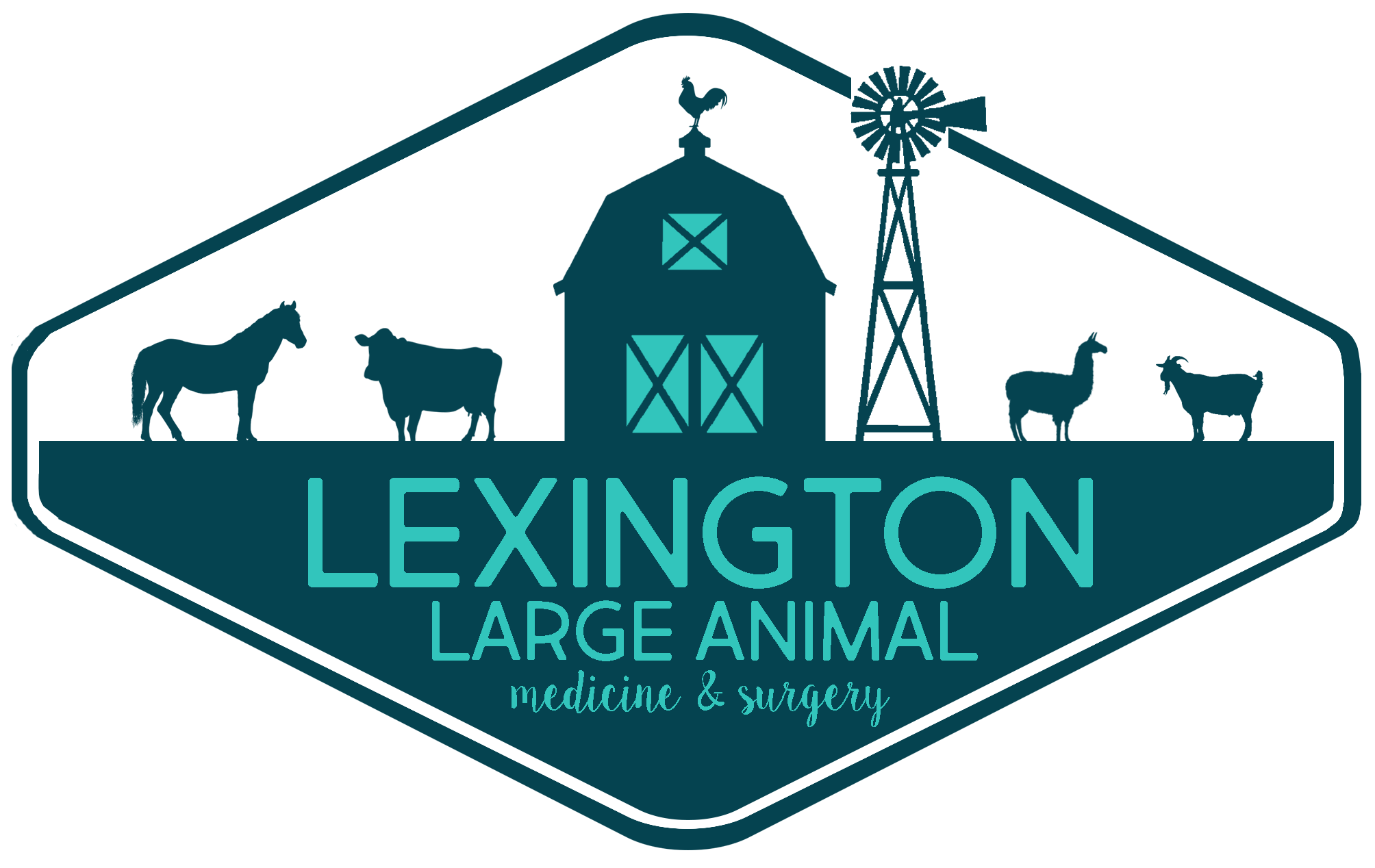Library
-
The term colic simply means abdominal pain. There are many causes of colic and symptoms range from very mild to violent.
-
Corns are specific types of bruises of the sole, specifically occurring at the angle of the sole between the hoof wall and the bars, i.e., at the 'seat of corn', most commonly affecting the medial (inside) aspect of the front feet.
-
Hospitals providing curbside care have restructured their practice to avoid the need for clients to enter the lobby and exam rooms. This measure was designed to promote physical (social) distancing during the COVID-19 pandemic; however, it may be used in other situations. This handout discusses the benefits and best practices of curbside care.
-
Your veterinarian wants to keep your pet healthy and the fact is that people who are better informed take better care of their pets. Do not be overwhelmed by “medicalese”. Try your best to understand this foreign language and if you cannot quite decipher it, ask your veterinarian to speak more plainly.
-
Diarrhea means the production of feces that are softer than normal. Normal equine feces are produced in formed, non-offensive smelling, greenish-brown, semi-solid portions that will break up in the hand, revealing varying degrees of fibrous content depending upon diet.
-
Horses and ponies are efficient herbivores and one of the key adaptations that evolution for a life of grazing has equipped them with is a set of hardwearing and specialized teeth.
-
In pregnant mares, unlike most other animals, antibodies do not cross the placenta into the foal's blood stream before birth. Therefore, when a foal is born it has no natural defence mechanisms against infection because it has no antibodies, that are the blood's special immune proteins, with which to fight infection.
-
It is a well recognized saying 'no foot no horse'. Caring for your horse's feet and hooves and ensuring that he is attended to regularly by your farrier will safeguard his long term soundness.
-
Ferrets are carnivores and cannot handle a diet containing more than 4% fiber. A good quality ferret diet should contain 32-40% protein and 10-15% fat. There are several good commercial dry foods for ferrets.
-
The preferred basic diet for guinea pigs is unlimited amounts of Timothy or other low-calcium hay, supplemented with smaller amounts of a commercial, high-fiber, Timothy-hay based guinea pig pellets. The diet should be supplemented with a variety of fresh, well-washed, leafy greens or colored vegetables; especially those high in vitamin C. Guinea pigs cannot manufacture their own vitamin C, therefore it is important that guinea pigs receive a vitamin C tablet or liquid vitamin C directly by mouth every day. Provide fresh clean water in a sipper bottle and check the tube for blockages each day.

